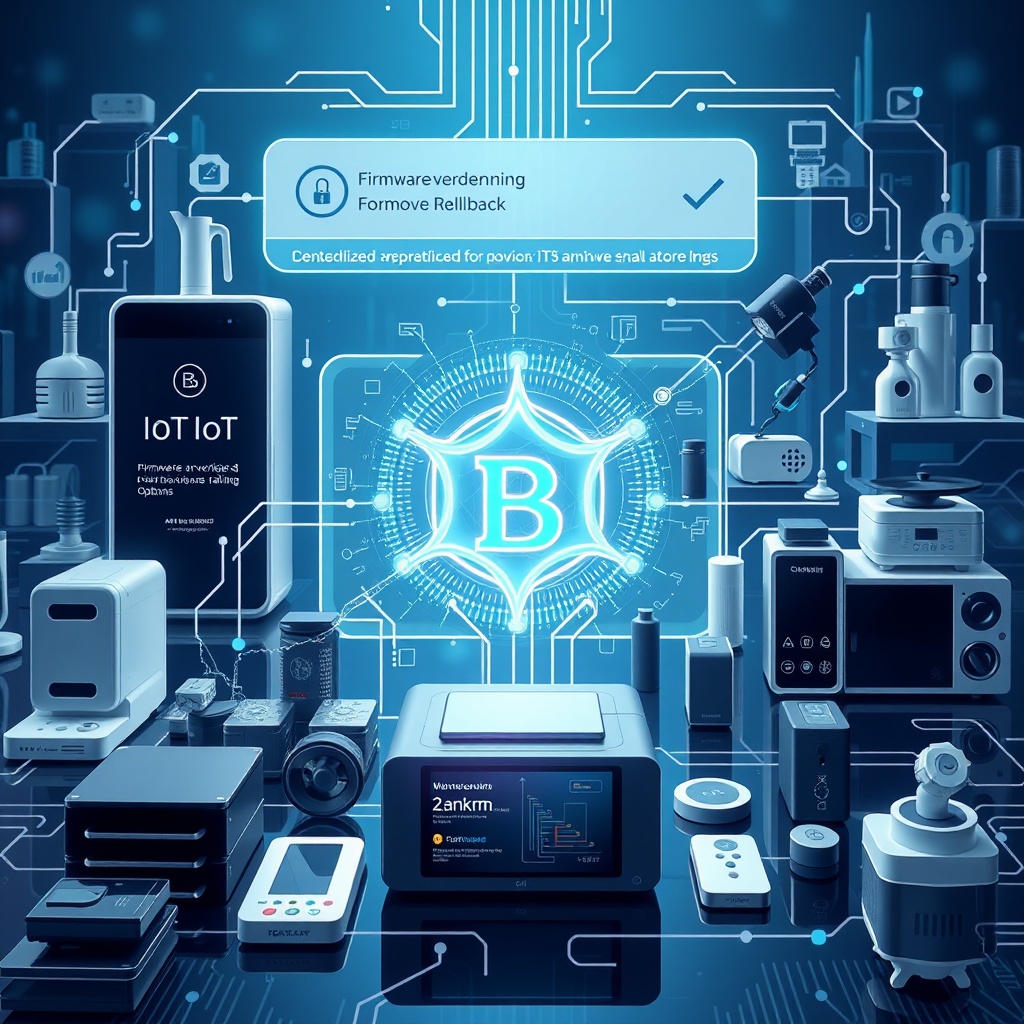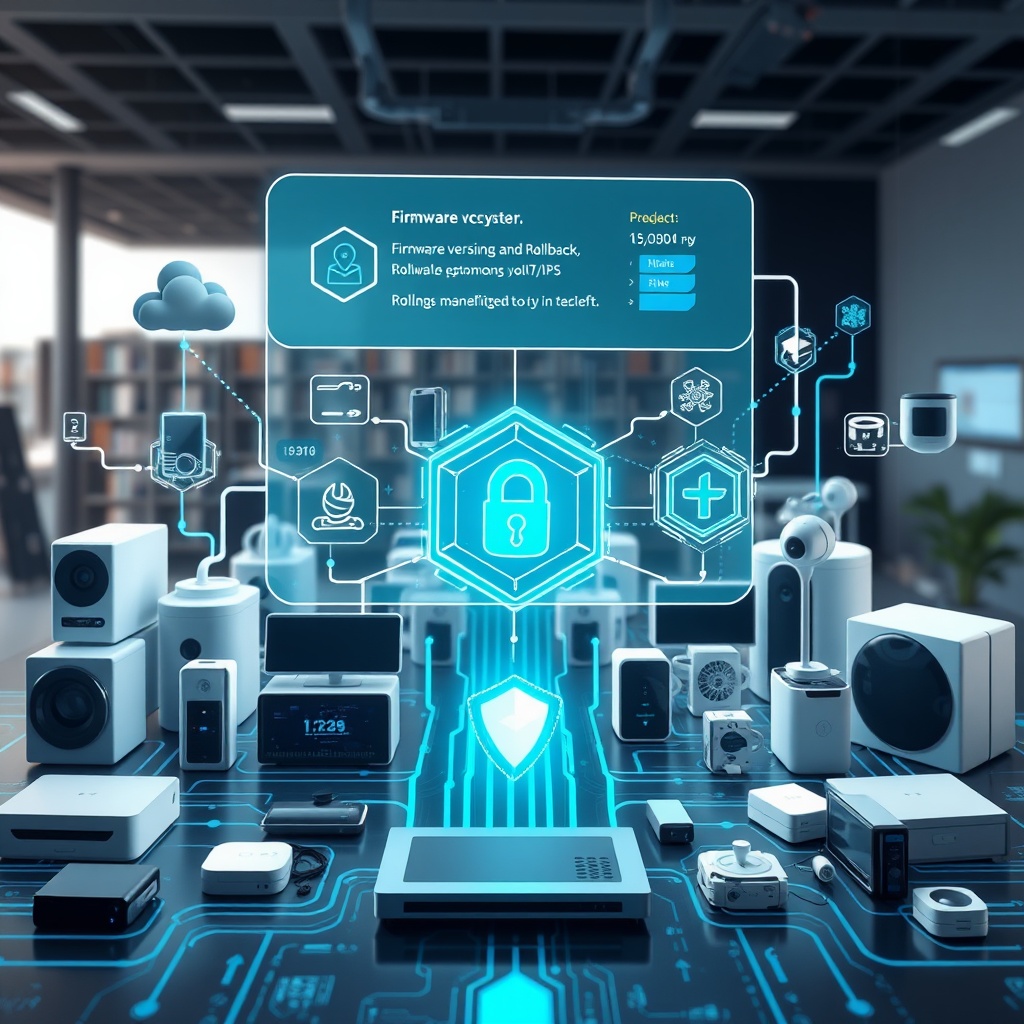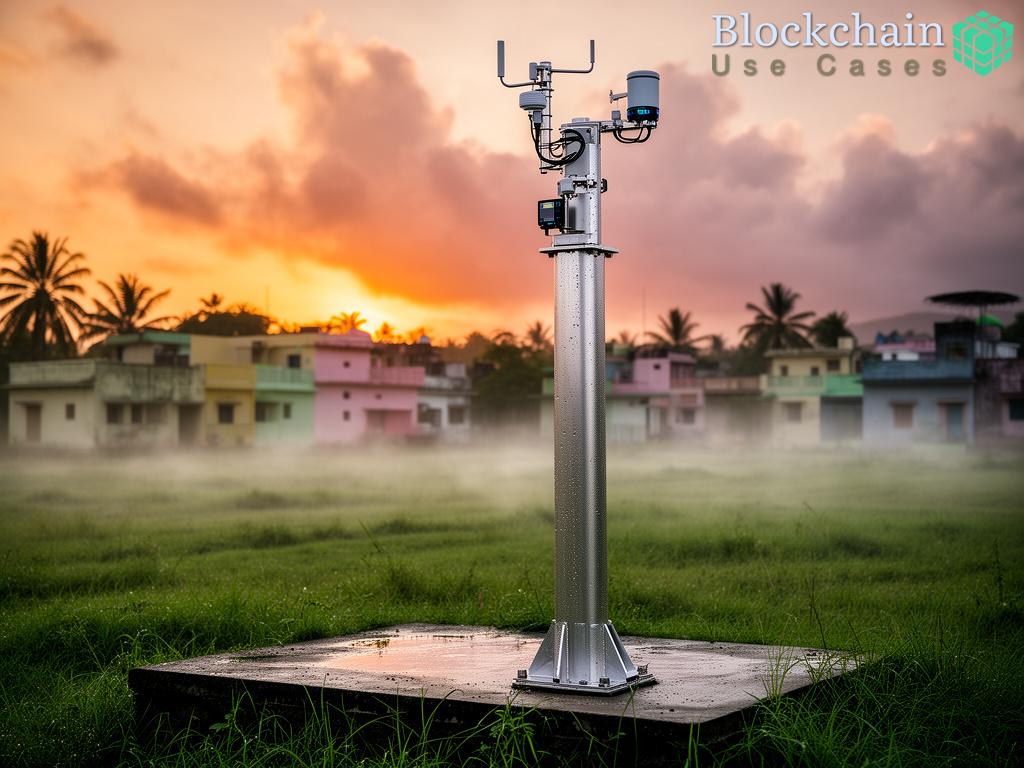The proliferation of Internet of Things (IoT) devices has given rise to an unprecedented need for effective firmware management. As devices proliferate across homes and industries, ensuring that each device runs the latest firmware version—or can revert to a previous one—becomes essential for security and performance. Traditional centralized systems are often vulnerable to single points of failure and security breaches. Enter decentralized systems, a transformative approach that not only enhances security but also streamlines firmware management across a myriad of devices.
Decentralized Architecture: A Game Changer

At the heart of decentralized systems lies a robust architecture that distributes control and data across multiple nodes rather than relying on a single server. This decentralized approach mitigates risks associated with centralization, such as downtime, data loss, and security threats. Each IoT device can act as a node in a larger network, communicating directly with others to share firmware updates and rollbacks, ensuring a more resilient and responsive management system.
Versioning and Rollback: The Power of Control
Effective versioning and rollback mechanisms are crucial for maintaining the integrity and functionality of IoT devices. With decentralized systems, each device can autonomously track its firmware version while maintaining a connection with other devices to access historical data. This capability allows for seamless updates and the ability to revert to previous firmware versions if issues arise, thus minimizing downtime and enhancing user experience.
Consider the following key advantages of decentralized firmware versioning and rollback:
- Increased Security: By eliminating centralized points of control, the risk of breaches is significantly reduced.
- Improved Reliability: Devices can autonomously manage updates and rollbacks, ensuring continuous operation.
- Enhanced Flexibility: Users can easily switch between firmware versions based on their specific needs or preferences.
- Community-Driven Development: Decentralization allows for collaborative development, where users can contribute to firmware improvements.
These features not only enhance the functionality of IoT devices but also create a more user-centric ecosystem that prioritizes security and performance.





